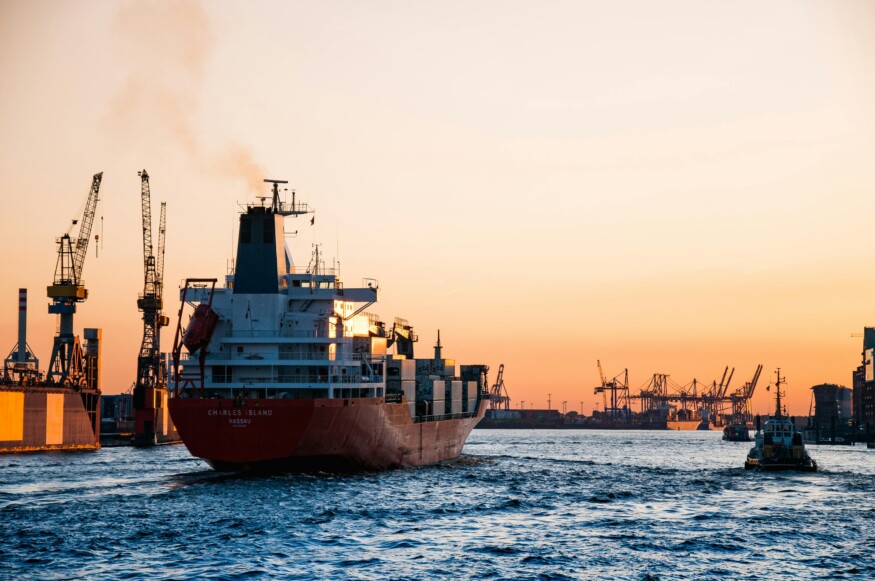Did you know that even small mistakes in customs processing can be enough to stop shipments, trigger fines worth millions, or even lead to criminal consequences?
In today’s globalized economy, where companies move goods around the world, customs compliance is not just a bureaucratic necessity, it’s a strategic success factor. Yet, many organizations still underestimate it or treat it as a mere administrative task. That’s a dangerous mistake.
Customs Compliance: More Than Just Paperwork
Customs compliance means far more than simply filling out forms correctly. It’s about adhering to all legal requirements in cross-border trade, from correct product classification and origin documentation to export controls. Errors or omissions can quickly lead to delivery delays, seizures, or legal penalties. And crucially: the responsibility always lies with the company, not with the freight forwarder or service provider.
A Question of Reputation and Competitiveness
A company that manages its customs processes effectively gains more than legal security, it earns trust from customers, suppliers, and authorities. In times of increasing trade restrictions and geopolitical tension, the ability to act legally compliant and transparent becomes a real competitive advantage.
Why SMEs Are Especially at Risk
Small and medium-sized enterprises entering import or export for the first time are often at risk. A lack of customs knowledge or insufficiently trained staff can lead to avoidable compliance breaches. However, even a simple internal compliance audit or training program can significantly reduce risks and strengthen internal control systems.
Conclusion
Customs compliance is not optional, it’s essential. It’s also a mark of professional and responsible corporate management. Any company operating globally must place customs compliance at the core of its processes. Only then can risks be minimized, opportunities maximized, and long-term success secured.







